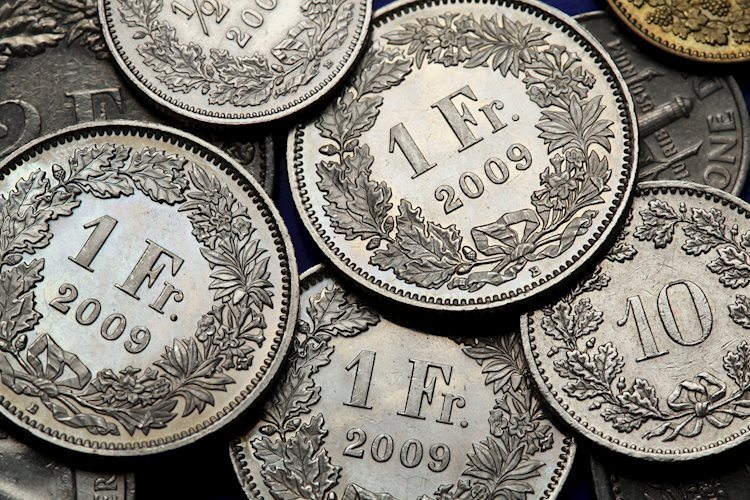The USD/CHF pair has reached around 0.8770 in the early European trading hours on Monday, the highest level since August 1. This increase is due to the strength of the US Dollar, following Donald Trump’s victory in the US presidential elections. Analysts believe that Trump’s policies will lead to higher US inflation and bond yields, which in turn will delay the Fed’s decision to ease policy, supporting the Greenback against the Swiss Franc. The upcoming US inflation data will be crucial, with expectations for a rise in both headline CPI and core CPI. A stronger-than-expected outcome could reduce the possibility of a December rate cut, further boosting the USD.
The Swiss National Bank (SNB) Vice Chairman Antoine Martin recently stated that the central bank has not committed to further interest rate cuts in December, indicating that their decision will depend on the prevailing conditions. It is widely anticipated that the SNB will lower interest rates by at least 25 basis points from the current 1% level at its next meeting on December 12. The Swiss Franc is considered a safe-haven asset, sought by investors during times of market stress due to Switzerland’s stable economy, strong export sector, central bank reserves, and political neutrality. The SNB meets quarterly to decide on monetary policy and aims for an annual inflation rate of less than 2%.
Switzerland’s economy is closely tied to the Eurozone, with the Swiss Franc’s value being heavily influenced by Eurozone stability. Macroeconomic data releases in Switzerland, such as economic growth, inflation, and the central bank’s currency reserves, play a significant role in determining the Swiss Franc’s valuation. High economic growth, low unemployment, and high confidence are favorable for the CHF, while any signs of weakening momentum could lead to depreciation. Models suggest a strong correlation between the Euro and the Swiss Franc, indicating the importance of Eurozone stability for Switzerland’s economy and currency.
In conclusion, the USD/CHF pair has risen to near 0.8770 due to the strength of the US Dollar following Trump’s victory, with expectations of higher US inflation and bond yields supporting the Greenback. The Swiss National Bank’s future interest rate decisions are closely watched by markets, with expectations of a rate cut in December. The Swiss Franc is considered a safe-haven asset due to Switzerland’s stable economy and political neutrality, with the country’s economic health and SNB policies playing a key role in determining the CHF’s value. Monitoring macroeconomic data releases in Switzerland and Eurozone stability are essential factors in evaluating the Swiss Franc’s performance in the forex market.











